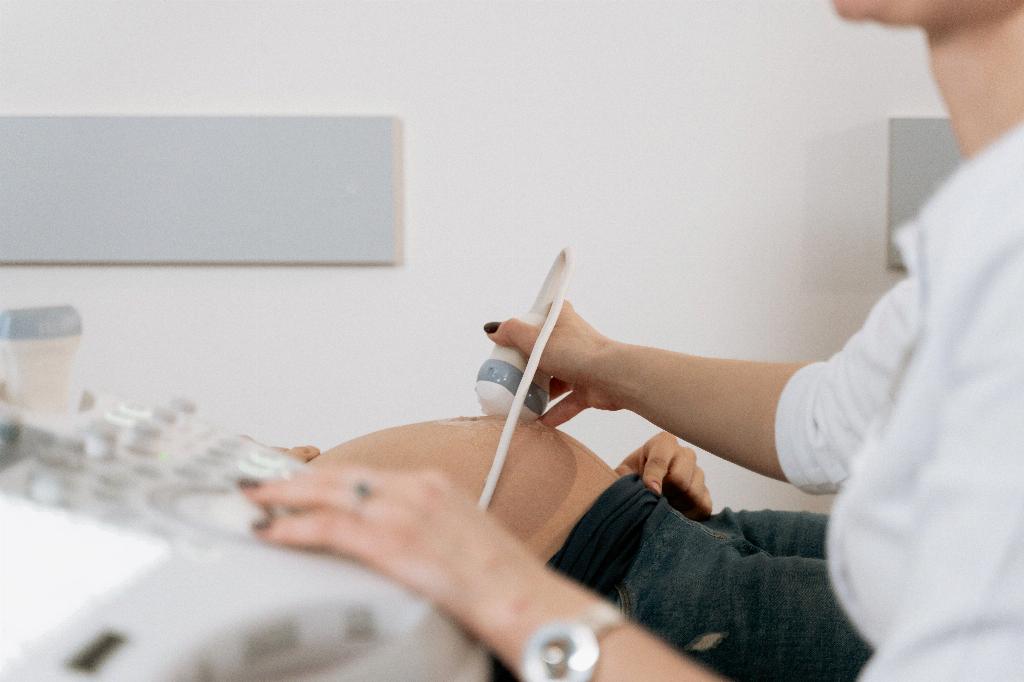Ensuring a safe pregnancy is crucial for both the mother’s well-being and the baby’s health. A safe pregnancy involves various factors that contribute to a positive outcome, including proper prenatal care, a healthy lifestyle, and regular check-ups.
Healthy Diet
Eating a balanced and nutritious diet is essential during pregnancy. Consuming a variety of fruits, vegetables, whole grains, and lean proteins can provide the necessary nutrients for both the mother and the baby’s development. Avoiding processed foods, excessive sugar, and caffeine is also advisable.
Regular Exercise
Engaging in regular physical activity can help maintain a healthy weight, reduce stress, and improve overall well-being during pregnancy. Low-impact exercises such as walking, swimming, and prenatal yoga are generally safe and beneficial.
Prenatal Care
Attending regular prenatal check-ups with a healthcare provider is crucial to monitor the baby’s growth and development, as well as to address any potential issues that may arise. Prenatal visits typically include physical exams, ultrasounds, and various screenings.
Avoiding Harmful Substances
Avoiding alcohol, tobacco, and recreational drugs during pregnancy is essential to reduce the risk of birth defects, pregnancy complications, and developmental issues. It is important to consult with a healthcare provider before taking any medications.
Managing Stress
Managing stress and anxiety is important for a safe pregnancy. Practicing relaxation techniques such as deep breathing, meditation, or prenatal massage can help reduce stress levels and promote emotional well-being.
Getting Adequate Rest
Getting enough rest and sleep is essential during pregnancy to support the body’s physical and emotional demands. Aim for 7-9 hours of quality sleep per night and consider taking short naps during the day if needed.
Hydration
Staying hydrated is crucial during pregnancy to support the body’s increased blood volume, amniotic fluid, and overall well-being. Aim to drink at least eight glasses of water per day and avoid excessive caffeine intake.
Attending childbirth classes
Attending childbirth classes can help prepare expectant parents for labor, delivery, and postpartum care. These classes cover topics such as childbirth techniques, pain management, breastfeeding, and newborn care.
Social Support
Seeking social support from family, friends, or support groups can help reduce feelings of isolation, anxiety, and stress during pregnancy. Connecting with others who are going through a similar experience can provide emotional encouragement and validation.
Monitoring Baby’s Movements
Monitoring the baby’s movements and kick counts is important to ensure that the baby is healthy and active. If there is a noticeable decrease in fetal movements, it is essential to consult with a healthcare provider immediately.
Following Medical Advice
It is crucial to follow the medical advice and recommendations provided by healthcare providers during pregnancy. This includes attending all prenatal appointments, following dietary guidelines, and taking prescribed vitamins or medications as directed.

